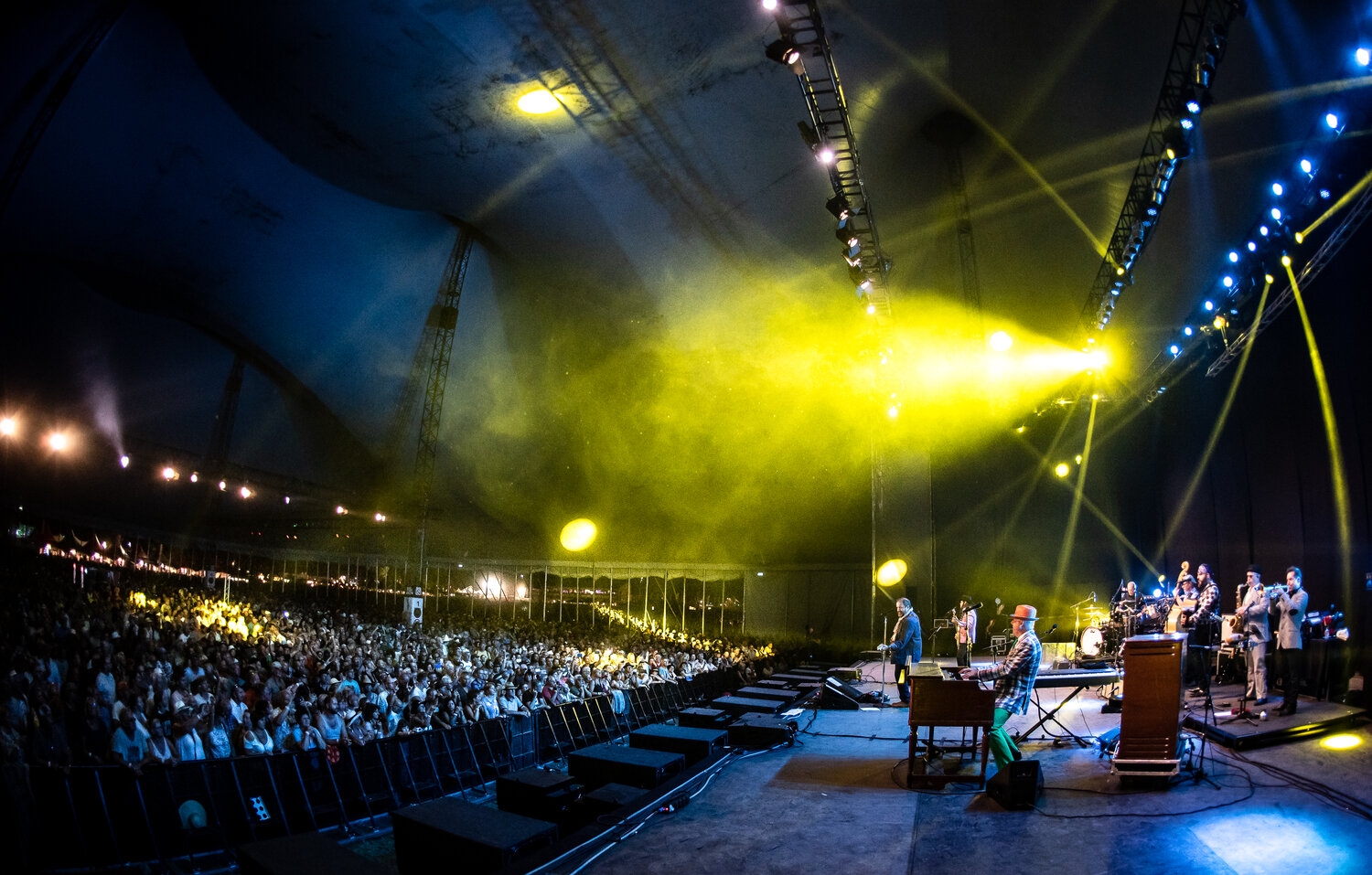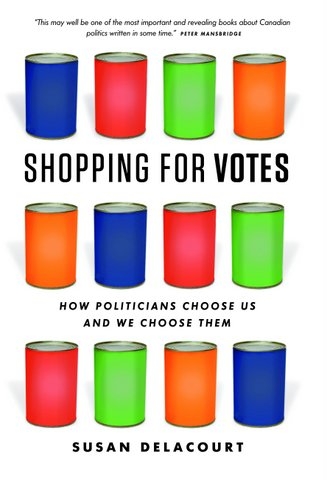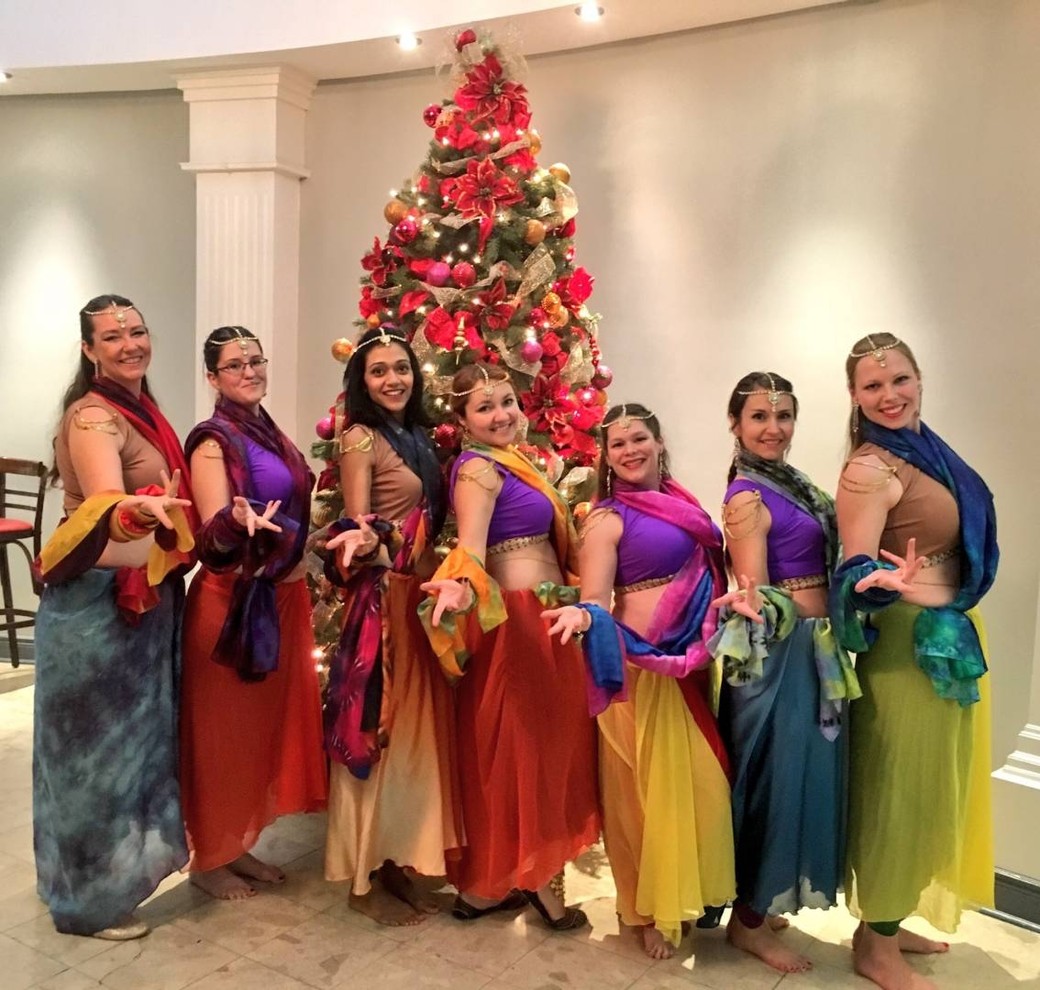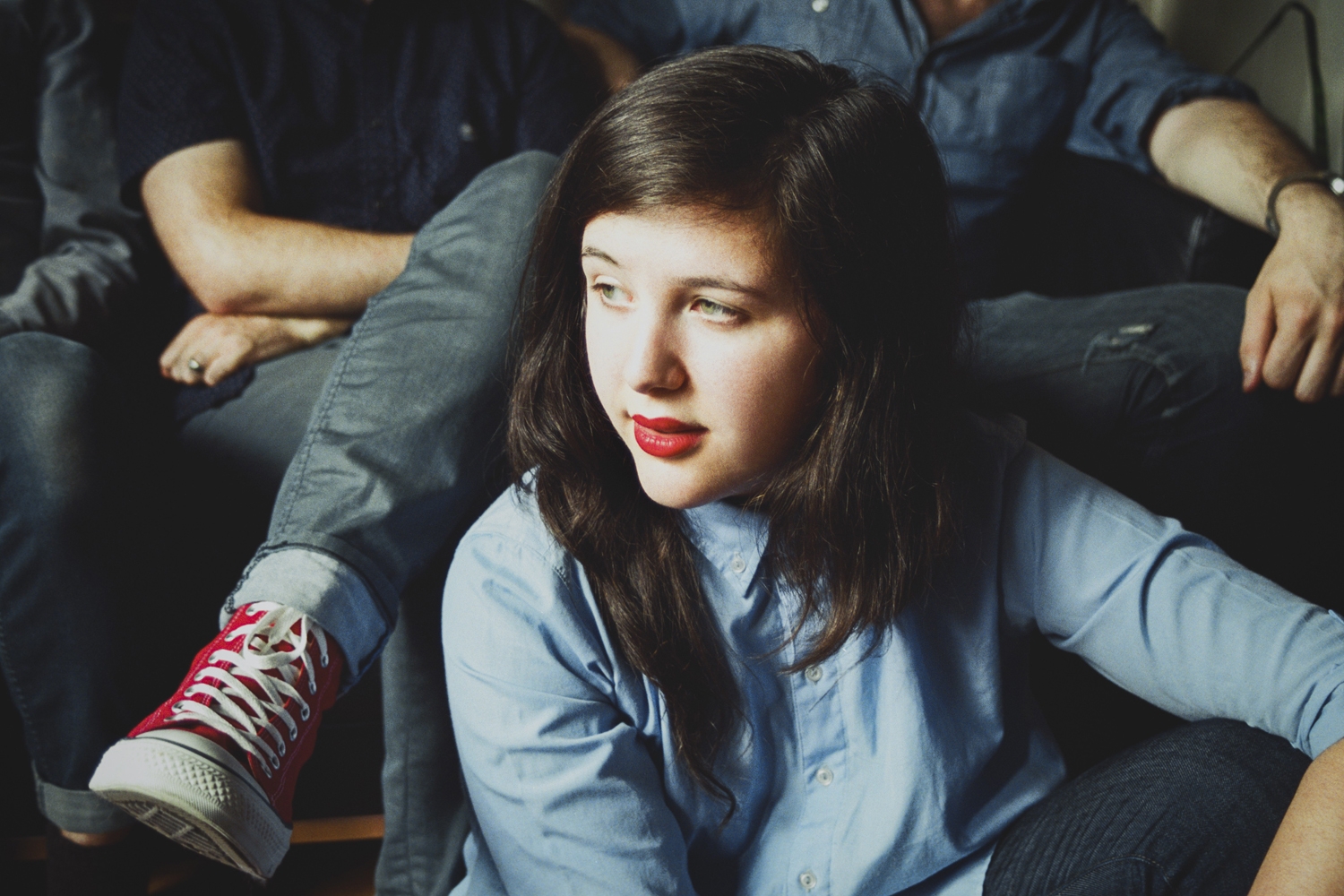
Lucy Dacus’ Unintentional Breakthrough
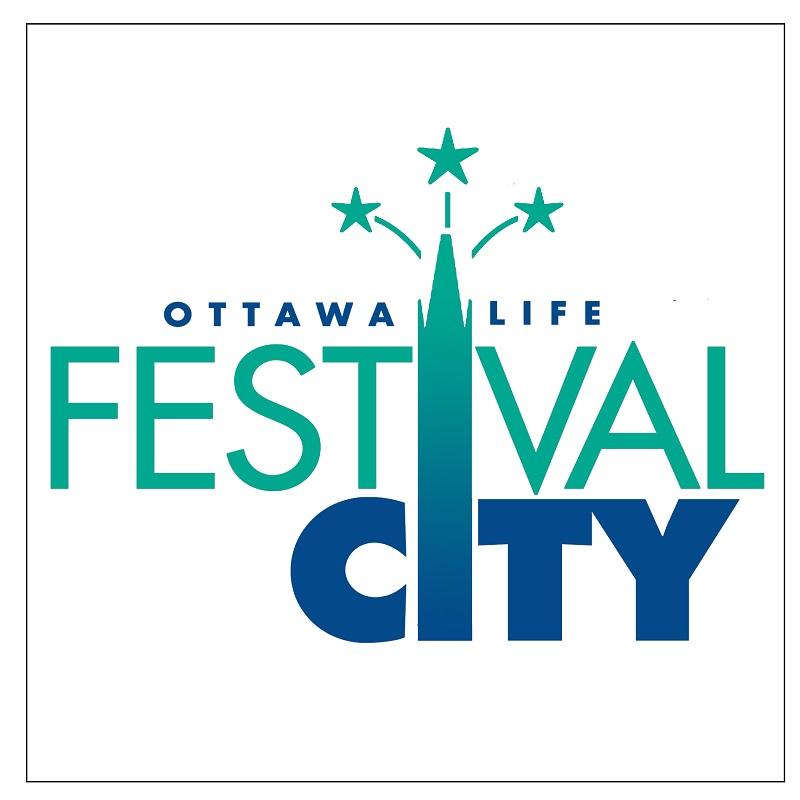 Ottawa Life’s Festival City Series is back! We'll provide a unique look at some of your favourite events.
Ottawa Life’s Festival City Series is back! We'll provide a unique look at some of your favourite events.
We’ll go beyond the music with artist interviews, volunteer profiles, concert reviews and spotlights on
the tastes, sights and sounds of the festival season.
Your city! Your festivals!
Like a good sunscreen, Ottawa Life has you covered.
Lucy Dacus recorded her debut release No Burden for a school assignment before she was even a full time musician, burning through the process in barely two days. After getting scooped up by Matador Records and being sucked into the touring lifestyle, Dacus quickly found her fast-tracked record had legs. Already in the process of her second record, Dacus is finding out the upsides and downsides to extra time in the studio. We caught up with Dacus ahead of her set at Cityfolk on September 16th to talk weird studio time, her career shifts and how her journals helped her writing in a way you might not expect.
Ottawa Life: How did No Burden turn from a school assignment to a full blown record release?
Lucy Dacus: I had been a solo artist for a couple years, I used to play shows in high school without a band. Then my friends Collin Pastore and Jacob Blizard approached me asking if I had enough songs to make a record and I said sure. I made little iPhone demos of maybe 20 songs and we picked our favourite nine to work with. We sat down the week before recording and imagined full band parts. Collin went to Berkley and now lives in Nashville, and he had friends who were session musicians. So we had three or four practices before we went into the studio and then had one day in the studio with them. We couldn't really second guess our impulses, because we didn't have the time. It wasn't really a high pressure situation because we knew the songs would be good enough to turn into school, we weren't thinking about it getting put on a label, or being toured full-time like it's become.
Considering this record was made basically across two days, was there any big sacrifices or was it the perfect sense of having to do it right first?
The album just is what it is. I don't know if I would go back and change anything now, I don't usually think about that. I did learn a lot about what I liked and didn't like. We were all even better equipped to work on the next record. I can hear how it's inferior to our next record which is a good sign.
What made you decide to jump from film right into music, or was all the momentum of your career really what did it?
People ask me if I dropped out of film to be in music but I actually just dropped out because it was too expensive, and I became disillusioned with collegiate academia. I was going to take just a semester off to travel, and planned to go back to school. But I travelled to Europe and people kept asking me "How much do you pay for school? Our schools are very inexpensive" I had just been inundated with the American standards. I felt like it was a waste, especially because I could make art and film on my own. I just got a job at a photo lab, and started making money to support myself. I had more time to do music and eventually it picked up.
I was curious if your job in a photo lab inspired any of the songs on this album or maybe gave you the headspace to conceive songs?
The photo lab job was awesome because it was 9 to 5, editing. I could wear headphones the whole time listening to music or podcasts. No songs came out of it, there was nothing interesting to write about during that period but it did give me the time to transition from feeling like I was part of the film community to being more involved with the music community. I was listening to so much music at the time, I would listen to my own songs and think how they could be better, I'd jot down lyric ideas. I think back to that time as productive because it wasn't distracting.
How do you think your constant journal writing throughout your life has shaped your ability to write and pull from your own life lyrically?
The journaling has been a big practice in listening to myself, and I didn't know that that's what it was until many years into it. I thought that every human person kept a diary, it just was the natural thing to do like brushing your teeth every day. It continues to be a really self-identifying force, if I didn't do it I'd be so much more confused. It does give me the opportunity to practice eloquently turning my thoughts into words. I don't think I could ever turn a journal entry into a song, I don't know if people would resonate with the text in my journals. I think through stuff that way and it comes out in my songs in a much more accessible way.
On a side note, considering your film school background do you see yourself making a habit of directing your videos in the future?
What's so funny is that you would think that would be my number one creative pursuit, doing music videos. But I can't come up with an idea that's good enough by my own standards. Because I care about film so much, nothing seems good enough. I have to find someone else that I trust and let them take charge of those.
Why did you decide on Portland to start working on your next record and how has the process been?
We actually ended up making it in Nashville. Once we got signed we thought we should work with a producer, but we showed up to the studio in Portland and we just sucked. There were a lot of technical difficulties going on at the studio but on top of that, the band was not together, there was something off. We realized we shouldn't have tried to fix something that wasn't broken and we called up Collin, and made the next record with him. It happened pretty quickly once we got there because we have built a strong friendship with him and I feel lucky to have it.
Has the extra time for this record been helpful or a hindrance?
For No Burden, I wrote these songs solo, we made the full band parts in a week, we recorded in two days, and then we mixed for three to four months, so that mixing was compensating for lack of planning. This time we did pre-production and came up with band parts for two or three months and then recorded for a week, then mixed for three days, it was reversed. I like that way better, the thoughtfulness at the front makes it all feel more natural and intentional. The record is done at this point, mastered and ready to go. It has been a better process, rather than make the best of what we have, we just got the best we could think of at the beginning.

